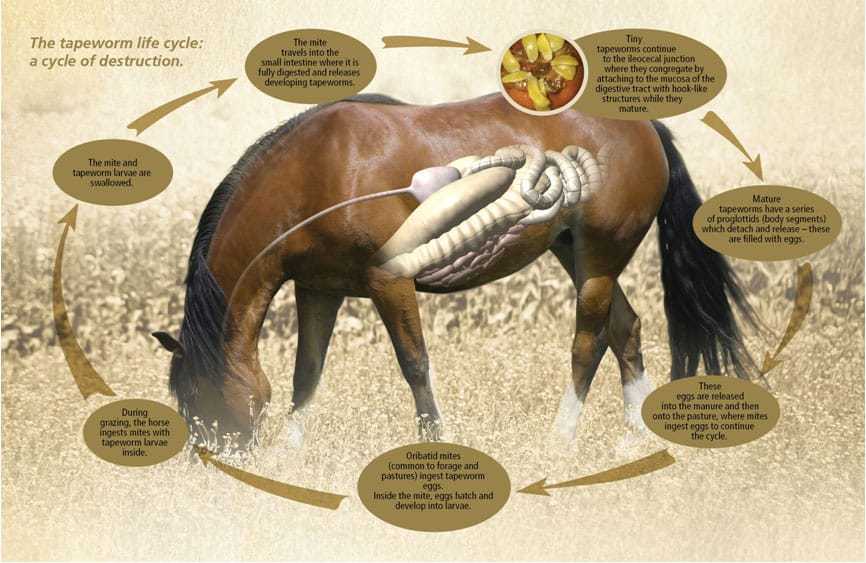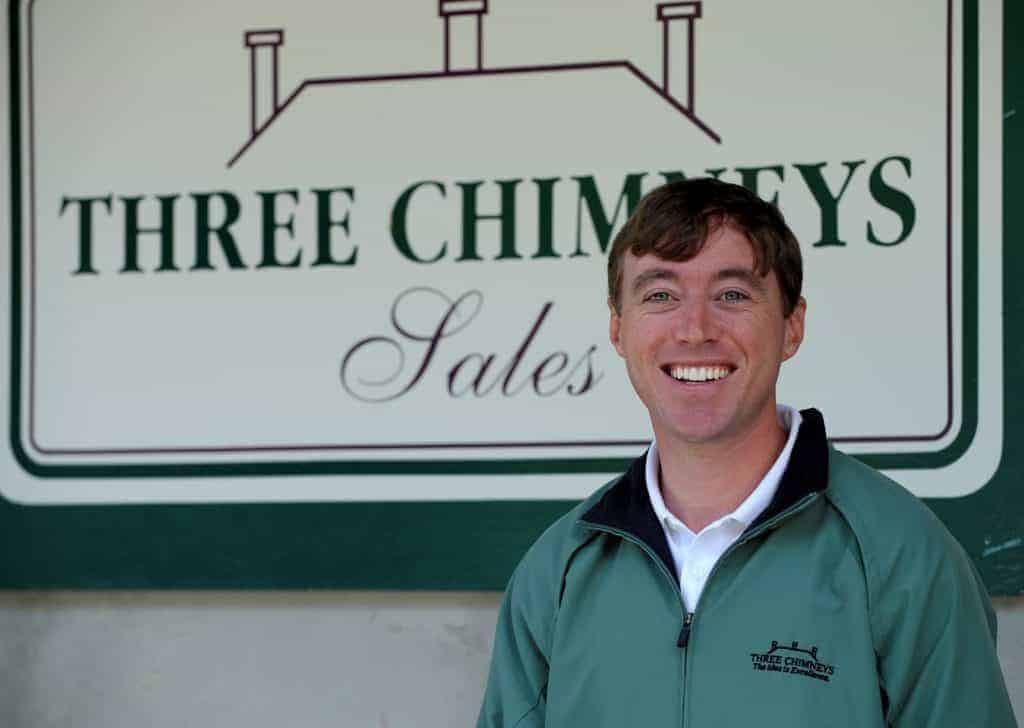
Gluck Research Foundation Releases Fourth Research Report
The University of Kentucky Gluck Equine Research Foundation published its 2012 Research Report in March.

The University of Kentucky Gluck Equine Research Foundation published its 2012 Research Report in March.
The Grayson-Jockey Club Research Foundation approved funding of 12 new projects in 2013.
Over the years, parasites have developed resistance to certain commonly used anthelmintic classes.

Your horse’s fecal production and appearance can be an indicator of good or poor health.

Consider the following “wishes” equine experts made to help maximize your horses’ quality of life.
Horse owners are invited to a full day equine educational program focused on keeping your horse healthy.

With the link between tapeworms and colic, horse owners should use dewormers that control tapeworms.

Horses consuming Solanum plants could be at risk for ivermectin toxicity, even if the drug is dosed correctly.
The programs will highlight industry research findings, reproduction topics, and horse management issues.

New research is taking place, and equine deworming recommendations are rapidly changing.

Case Clay of Thee Chimneys Farm was named to the position in October.

Dr. Martin Nielsen discusses the special session on equine parasitology and how researchers are working on guidelines for parasite control at the 2012 International Conference on Equine Infectious Diseases.

Windrow composting is effective and practical for parasite control and waste management on horse farms.

The book translates scientific material into practical updated information about controlling equine parasites.

Recent study results showed that the presence of Strongylus vulgaris, the most pathogenic equine parasite, was significantly associated with the time elapsed since the most recent deworming.
Fall armyworms should not affect horses’ health or be confused with the Eastern tent caterpillar.
Stay on top of the most recent Horse Health news with
"*" indicates required fields